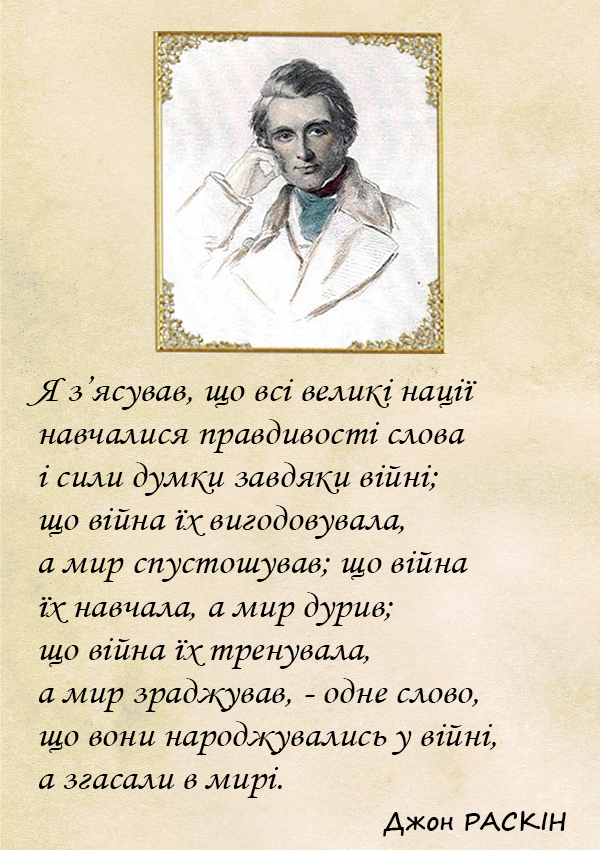
Why is it so nice to swear?
Is it just because we understand that we are doing something “bad” or does swearing really affect the state of our brain and body?
This happened to everyone: hitting our feet on the table leg, getting stuck in a traffic jam or spilling coffee, we shout out an obscene word, and sometimes we spew three-story swearing.
But we must admit that swearing with taboo words exists in all languages and cultures of the world…and perhaps even in animals (more on that later).
What is it scientifically?
What is cussing or swearing?
“It is very, very difficult to give a precise definition of swearing,” says Emma Byrne, an expert and author of ‘Swearing Is Helpful.’
It is the language we use when we are shocked, surprised, happy, jokingly trying to offend someone … but as a cultural phenomenon, cussing works only within our “native” community, linguistic group, society, country or region, she says.
“We decide which words are obscene, on the basis of consensus. And this consensus is largely based on what taboos exist in each particular culture: somewhere they are very offended when they hear the name of a body part, somewhere – the name of a disease, and in elsewhere it is considered obscene to mention bodily functions, “Byrne explains.
But swearing everywhere unites one thing, “For words to have emotional weight, you need to play with a taboo topic in a particular society.”
If in doubts, here’s another criterion from Emma Byrne, “This is the kind of language that you would not use in certain circumstances, for example, at a job interview or first meeting a partner’s parents.”
Why are we swearing?
“In a stressful situation or when something unexpected happens, swearing is like a reflex. It’s nice in its own way!” says a BBC radio listener named Gadi.
Other listeners agree.
“The situation in which I swear can be joyful, I can swear out of surprise, from deep regret or anger. This is probably the most expressive way to show emotions,” says listener Mikhail.
Surely there are people who never swear at all, but many of us will understand what a sense of relief the listeners are talking about. We experience it when we swear from the heart; some words seem to be charged with some kind of energy.
According to the author of the book ‘Cursing is useful,’ Emma Byrne, one of her most fascinating finds is that even people who have undergone hemispherectomy, that is, who have lost half of their brain, do not completely lose their ability to speak.
“When a person has the left half of the brain removed, or it is damaged, for example, due to a stroke, and this person loses most of the speech abilities, then, as a rule, they do not lose the ability to swear,” says the doctor.
“It seems that we make very strong emotional connections with some words, and they are stored in our brain separately from other words. You can remove part of the brain and the ability to use language thoughtfully and planned, as I do now. But the person will retain the ability to swear.”
Is it possible to replace a taboo word with another decent word?
“I was wondering if it makes sense to swear when a person is in pain — if it helps,” says psychologist Richard Stevens, head of the Matt Lab at Keele University.
Experiments are carried out in the laboratory. One of them, for example, is to put your hand into a bucket full of ice — once with a cussing word, the second — using censorship counterparts of obscene words, and see how long a person can withstand.
The lab found that using a real taboo word worked better: cursing people kept their hand in the bucket longer. Random words don’t work at all – they don’t have that emotional weight.
But how is this to be explained?
“When a person swears, his or her heart rate tends to go up. This seems to mean that swearing triggers an emotional response, and we know swearing is the language of emotion,” Stevens says.
“Our working hypothesis is that when people swear in pain, they artificially increase their stress levels, and a phenomenon called stress pain relief comes into play, that is, pain sensitivity decreases, this is part of a broader psychological mechanism of ‘fight or flight,’” Stevens says.
“I don’t usually swear,” says Colin, another listener. “But a few years ago I had an injury in the mountains and had to be rescued. I could only use the foul language, to the very foot.” Other words did not help.
Different languages
While keeping it in our minds, is it possible to say that swearing in all cultures is felt the same way. Our listeners are ready to help here too.
“Swearing in Spanish is very creative,” says Clara. “If someone is really angry, they will swear in full sentences and tell whole stories, all swearing.”
Jane from Malta says, “The most offensive obscene word can be translated as ‘sperm’. And this is rather strange, because in other cultures, if you call someone sperm, they will just look at you askance.”
“Russian is the best language for swearing,” says Mikhail. There are so many offensive words, and any word can be made offensive! Our culture of swearing is rooted in literature, and it is impossible to imagine a Russian who does not swear. ”
“There is an interesting obscene expression in Mandarin Chinese that means “to do an act that affects someone’s ancestors in the 18th generation, “says Jacqueline. You can say, “I do it with your mother, grandmother, with all ancestors up to the 18th generation.” She adds, “I sometimes say that to my father.”
There is another Chinese expression that refers to turtle eggs and the belief that female turtles are constantly “walking left”… so calling someone a turtle’s egg is to doubt that someone is his or her father.
So, despite the fact that the obscene language is different around the world, it seems to be a universal aspect of human culture.
Cuss words among animals
But not only people can swear. Emma Byrne talks about exciting experiments with chimpanzees, in which monkeys were essentially raised in an extended family format.
During this experiment, American primate experts Deborah and Roger Foots were engaged. “When chimpanzees communicated only in the language of the deaf and dumb, they taught the monkeys a variety of words,” says the expert.
In natural conditions, chimpanzees communicate mainly by throwing feces, but the Foots have turned this into a taboo by accustoming monkeys to the toilet.
“After that, the monkeys began to use the sign for ‘dirt or feces’ in much the same way that English-speaking people use the corresponding word,” she says.
“They used this sign to express their annoyance, to insult and to call their opponent a ‘dirty monkey’, this was their worst offense.”
On top of all this, the monkeys started joking about feces, Byrne says.
“Roger and Deborah Foots write that chimpanzees slapped their chin with the back of their hand (which meant dirty) so hard that their teeth chattered.
This means that instead of tossing feces, the monkeys began to be “tossed” with the idea of feces.
“It seemed to me the most interesting part of my research: I realized that as soon as there is a taboo and a way to talk about it, there is a mate,” she says.


























































Залишити відповідь